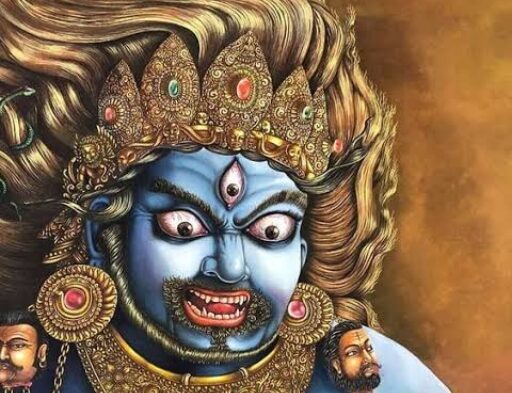
Significance of Randhan Chhath Puja
Randhan Chhath is a deeply meaningful festival, especially celebrated in Gujarat, observed on the sixth day (Chhath) of Krishna Paksha in the holy month of Shravan. It is always held on the day before Sheetala Satam—a day when no cooking is done and cold, pre-prepared food is eaten as an offering to Sheetala Mata, the goddess who protects devotees from diseases and brings health to the household.
Key Aspects
Connected to Motherhood and Children: The festival is traditionally observed by women who fast and pray for the health, happiness, and long life of their children. It is believed that the blessings of Sheetala Mata and Lord Balram bring health and prosperity to the family.
Associated with Lord Balram: Randhan Chhath marks the birth anniversary of Lord Balram, the elder brother of Lord Krishna, revered as the deity of agriculture, food, and nourishment. The plough (hal) and agricultural implements are worshipped to honour his significance.
Food and Hygiene Rituals: On Randhan Chhath, all food for the next day is prepared with great care and in a purified kitchen. Traditionally, the space is cleansed, prayers are offered, and only sattvic (pure vegetarian, without onion or garlic) food is cooked. This practice not only honors the goddess but also ensures the home and kitchen remain clean and hygienic, a wisdom passed down before modern refrigeration existed.
Spiritual and Social Values:
The act of preparing and storing food in advance reinforces mindfulness, discipline, and the value of communal effort among women in the household.
Worshipping Sheetala Mata is believed to protect children from illnesses, especially those spread due to heat and hygiene issues.
The festival also serves as a cultural reminder to slow down, appreciate the act of cooking as an expression of love, patience, and quiet prayer.
It is a celebration of food security, harmony, and the prosperity of family life.
Folklore and Lessons
Randhan Chhath is enriched with stories and folk tales, most notably about the importance of devotion, kindness, and following ritual purity. It is said that neglect in the kitchen or in following proper rituals can lead to misfortune, emphasizing reverence, mindfulness, and selflessness among family members.
Customs and Practices
Women take a vow at dawn, purify themselves and the kitchen, and cook food with devotion.
The food is not eaten until offered to Sheetala Mata the following day. On Sheetala Satam, only this food is consumed, and no cooking is done.
Dairy products from cows are avoided; instead, buffalo milk is used, and certain foods (especially those obtained by ploughing) are avoided as a ritual observance.
The plough and other farming tools are worshipped, showing gratitude towards the land and agricultural livelihood.
